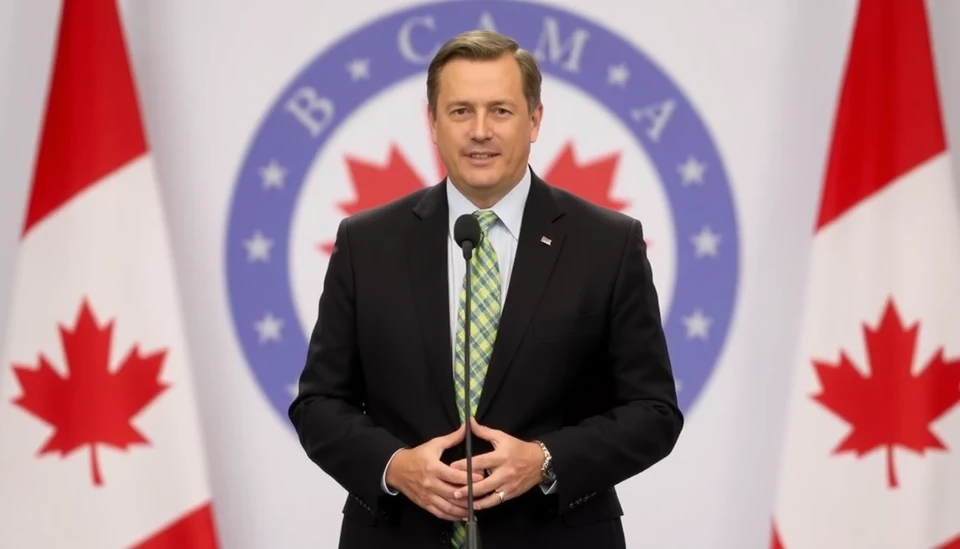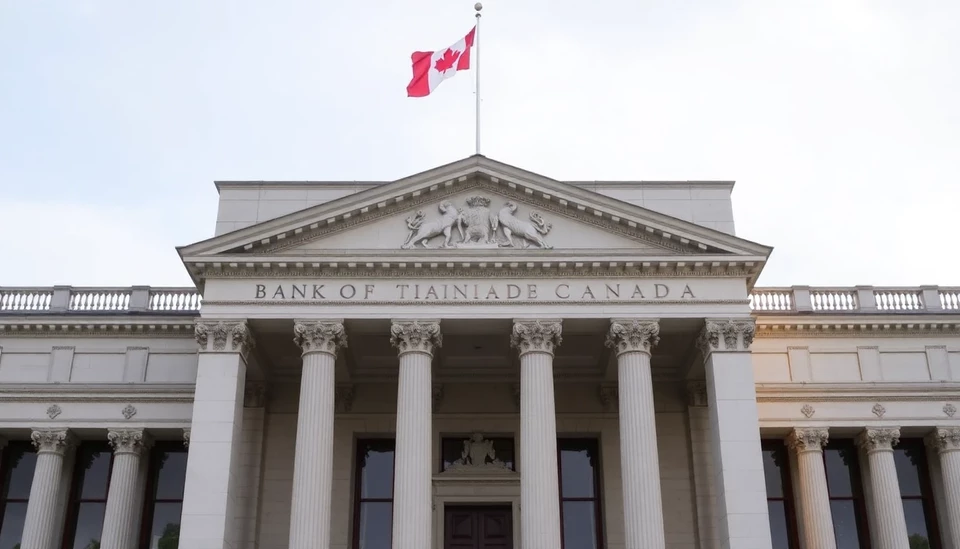
In a recent statement, Canada’s International Trade Minister revealed significant hurdles facing the government’s tariff response to international trade issues, primarily due to growing dissent from Alberta's provincial leadership. As Canada navigates the complexities of global tariffs, the internal rift could affect the efficacy and public support of its trade policies.
The backdrop of this situation involves ongoing discussions among Canadian provinces about how to best respond to trade tariffs imposed by other countries. Alberta, a key player in the Canadian economy, has voiced concerns that the federal government’s proposed measures could disproportionately disadvantage its industries, particularly the energy sector. This divergence in opinion introduces a layer of complexity as federal officials seek a unified stance on international trade matters.
The Minister emphasized the importance of collaborating with provincial governments to devise a tariff strategy that effectively shields Canadian businesses while addressing specific regional concerns. However, with Alberta's government outspoken against certain federal initiatives, the Minister recognized the potential for these state-level disagreements to hinder the execution of a cohesive tariff policy.
Alberta has been vocal about its apprehensions regarding tariffs that could hurt sectors pivotal to its economy, including oil and gas. As Canada continues to face competitive pressures from global markets, the province's pushback indicates a growing tension between economic needs and federal trade policies.
Experts warn that the lack of alignment between the provinces may weaken Canada’s bargaining position in negotiations and trade discussions. The Minister stated that it is crucial to seek common ground, but the fractures within provincial feedback are becoming increasingly pronounced. Alberta’s apprehensions highlight a broader concern among provinces about the implications of stringent trade tariffs, especially as they could lead to retaliation from trading partners, further complicating Canada's international trade landscape.
As deliberations continue, the federal government is under pressure to not only address the concerns raised by Alberta but also to forge a path that will ensure fair treatment for all provinces involved. The stakes are high, as the outcomes of these strategies will undoubtedly impact local economies, trade relations, and Canada's overall economic stability.
The current situation serves as a reminder of the importance of intergovernmental cooperation in the face of growing global economic challenges. Moving forward, the federal government will need to balance the competing interests of Canada's provinces while securing advantageous trade agreements that benefit the entire nation.
As both the federal and Alberta governments prepare for more discussions in the coming weeks, observers are keen to see how these dynamics unfold and what strategies will ultimately be employed to address the complexities of Canadian trade in a changing world.
#Canada #TariffResponse #Alberta #TradePolicies #InternationalTrade #EnergySector #EconomicStrategy
Author: Daniel Foster




